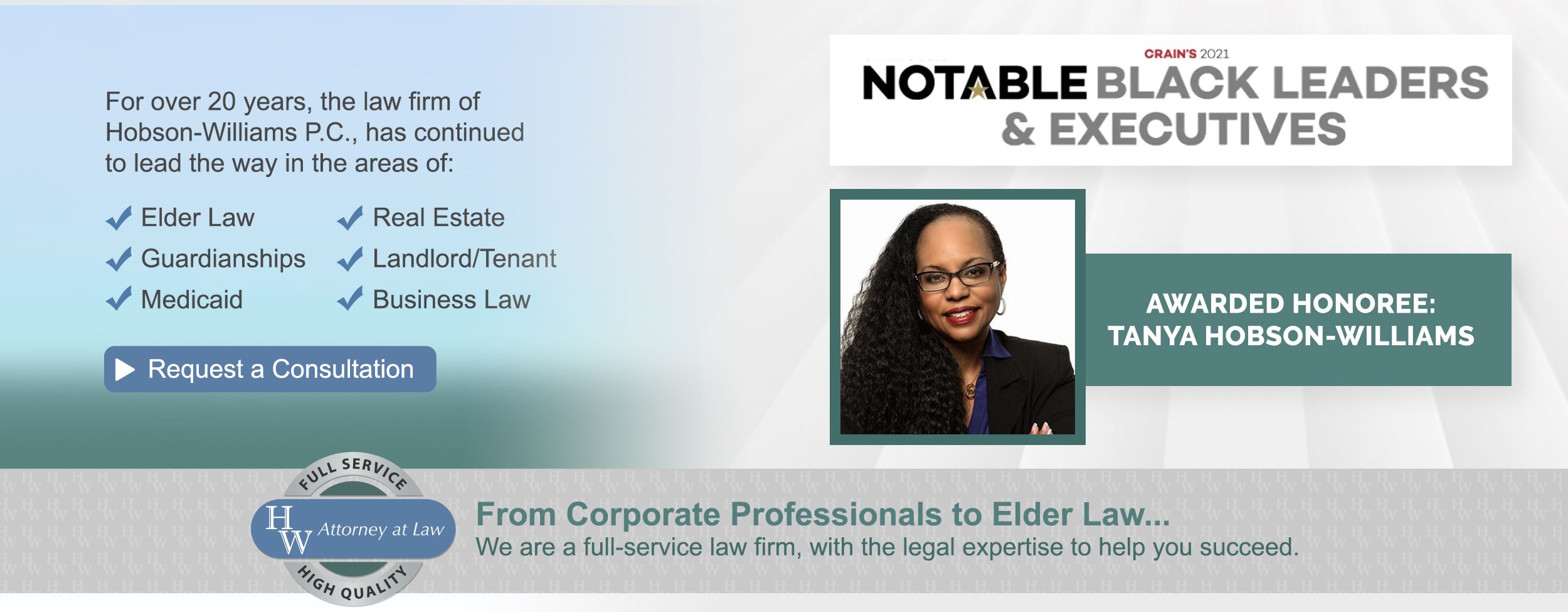Deciding where and how to spend the latter days of your life can be a tough decision. Many wrongly assume that the lone alternative to their current living situation is a nursing home. This is simply not true. There are several residential alternatives for seniors considering a change of scenery.
Senior housing generally refers in to 3 categories of communities: Active-adult community, assisted-living communities, and continuing care retirement communities. So what’s the difference?
- Active-adult communities are a place where people choose to live and play among like-minded adults with similar demographics
- Assisted-living facilities and continuing-care retirement communities are where individuals go based on need rather than social preference. Indeed, many individuals move to these type of communities when they can no longer live on their own.
- Continuing care retirement communities generally accommodate three levels — independent living, assisted living, and nursing care — on one site.
- Continuing care retirement communities are a combination of both active-adult communities and assisted living communities
- Nursing homes are not generally considered retirement communities because they focus on 24-hour medical care, whereas assisted-living facilities and continuing-care retirement communities emphasize amenities such pools and social activities.
- Nursing homes are subject to federal regulation, while assisted-living facilities are regulated at the state level.
- Nursing homes generally have a doctor as medical director who supervises the nurses on staff. There may not be a doctor on-site all the time, but there will be one on-call
Although assisted-living facilities are typically geared towards the medically vulnerable residents, it may not always be safe to assume that these type of facilities have a doctor readily available on premise. Regulations that determine what type of personnel must be present, and during what hours vary at the state level. Families should always ask what the medical staffing levels are at the facilities they’re considering.
Furthermore, many senior housing facilities have broad discretion over who they accept as residents. Residents may be asked to leave for a number of reasons including health and behavior-related issues. Generally, the contract which is signed before moving into a residency will detail the conditions under which a resident may be asked to leave.
For more information on senior housing options and end-of-life planning, contact the law offices of Tanya Hobson-Williams, P.C. Our experienced elder law attorneys can help!























I like that you talk about active adult communities where people can still have a chance to live and play with people in the same situation as them. It would be great if we could find senior apartments like those for my grandparents so that they can still have their privacy and they can still have fun. They just need to have the assurance that they have access to professionals in the medical field if they have needs to be met.